Why is Olive Oil Good For You: A Comprehensive Guide
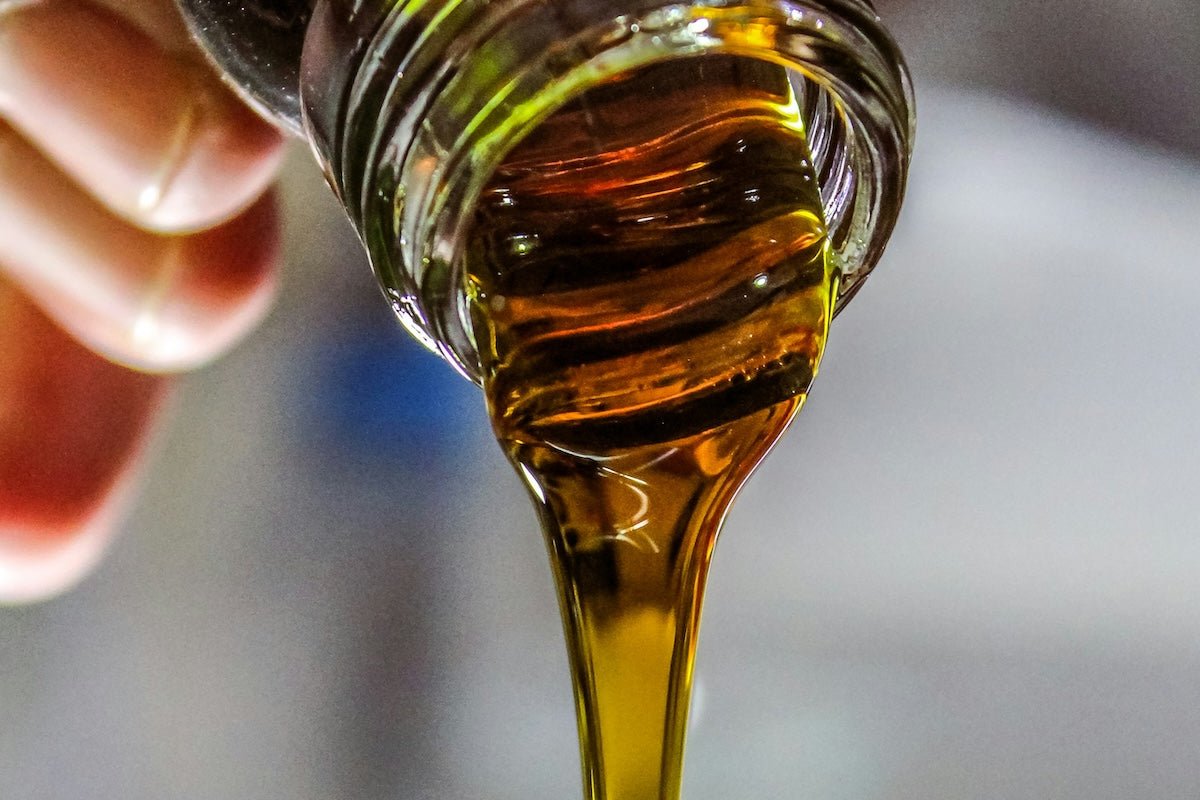
Why Is Olive Oil Good for You? A Guide to the Health Properties of Olive Oil
Olive oil, a staple in kitchens around the world, is not only delicious, but a powerhouse of numerous health benefits.
Whether you are a wellness enthusiast or simply looking to make the healthiest dietary choices possible, understanding the properties of olive oil can be a game changer in your day-to-day life.
In this guide, we'll explore why olive oil is good for you, backed by extensive research, and show you how you can incorporate high-quality extra virgin olive oil (EVOO) from American growers, like Texas Hill Country Olive Co., into your diet.
What Makes Olive Oil So Healthy?
Olive oil is celebrated for its numerous nutritional properties, which stem from its rich composition. Let’s look at some of the key health benefits associated with olive oil, particularly extra virgin olive oil.
High in Monounsaturated Fats
Olive oil is predominantly made up of monounsaturated fatty acids, specifically oleic acid, which can help reduce inflammation and have beneficial effects on genes linked to cancer. This is an example of heart-healthy fats, so they help to manage cholesterol levels, reduce the risk of heart disease, and lower blood pressure. Specifically, these fats are known for lowering harmful low-density lipoprotein cholesterol (aka LDL cholesterol), which can lead to arterial plaque and heart issues, while potentially increasing beneficial high-density lipoprotein (HDL) cholesterol, further protecting cardiovascular health.
Additionally, olive oil provides a small, yet valuable amount of omega-3 fatty acids, a type of polyunsaturated fat, enhancing its cardiovascular benefits.
Rich in Antioxidants
The antioxidants in olive oil, including vitamins E and K, as well as other potent compounds like polyphenols, play a crucial role in combating oxidative stress, which is linked to numerous health issues including cancers and heart disease. Polyphenols such as oleuropein and hydroxytyrosol enhance this protective effect by further reducing oxidative damage and inflammation. These antioxidants also contribute to the anti-inflammatory properties of olive oil, which we will expand further on.
Anti-Inflammatory Properties
Chronic inflammation is a root cause of many diseases, such as cardiovascular disease, cancer, metabolic syndrome, diabetes, and arthritis. Olive oil contains bioactive compounds like oleocanthal, which have been shown to work similarly to ibuprofen in reducing inflammation. Moreover, the anti-inflammatory effects of olive oil's polyphenols contribute to the suppression of inflammatory markers within the body, further enhancing its protective health benefits.
Additionally, the monounsaturated fats in olive oil are known to help stabilize blood sugar levels and reduce the risk of type 2 diabetes, making it a valuable dietary addition for metabolic health management.

What Does the Research Say about Olive Oil?
Extensive research has been done over the years to better understand olives and olive oil in order to better understand all the health benefits that come with its consumption. Let’s look at a few key studies to see why olive oil is so good for you.
Study 1: New England Journal of Medicine
A comprehensive study published in the New England Journal of Medicine demonstrated that participants following a Mediterranean diet rich in olive oil had a significantly reduced risk of major cardiovascular events by up to 30%.
This large-scale study involved over 7,000 individuals at high cardiovascular risk and highlighted that the inclusion of olive oil not only improved lipid profiles but also helped in reducing blood pressure, thereby offering a natural protective measure against heart disease.
Study 2: European Journal of Pharmacology
In a study published in the European Journal of Pharmacology, researchers discovered that oleocanthal, a compound found in olive oil, exhibits anti-inflammatory properties similar to ibuprofen.
This study involved detailed biochemical assays that confirmed oleocanthal's ability to inhibit inflammatory enzymes, thus potentially offering a dietary measure for pain and inflammation management, which could be particularly beneficial for chronic inflammatory conditions such as arthritis.
Study 3: Journal of Nutritional Biochemistry
Research featured in the Journal of Nutritional Biochemistry analyzed the impact of antioxidants present in olive oil, particularly hydroxytyrosol and oleuropein, which are known for their robust free radical-scavenging activity.
The study confirmed that these antioxidants help protect against oxidative stress in cellular models, which is primarily caused by free radicals, contributing to reduced risks of chronic diseases and slowing down the aging process at a cellular level. This protective effect is essential for long-term health maintenance and prevention of diseases like Alzheimer’s and cancer.
Study 4: Study in Stroke Journal
A pivotal study in the journal Stroke explored the relationship between olive oil consumption and stroke incidence. Researchers followed a cohort of thousands of individuals over several years and found that those who regularly consumed olive oil had a 40% lower risk of stroke compared to those who seldom used it.
The study adjusted for various dietary and lifestyle factors, underscoring the specific contribution of olive oil to stroke prevention. This significant finding adds to the body of evidence supporting olive oil as a key component of a stroke-preventive diet.
Study 5: Annals of Clinical and Translational Neurology
Recent research has highlighted the potential benefits of olive oil for brain health, particularly in the context of Alzheimer's disease. A study published in the Annals of Clinical and Translational Neurology investigated the impact of extra virgin olive oil on the cognitive performance and brain health of mice genetically predisposed to Alzheimer's. The findings suggested that olive oil aids in the reduction of amyloid-beta plaques and neurofibrillary tangles in the brain, which are classic markers of Alzheimer's disease.
The study also indicated that olive oil boosts the autophagy process, where cells break down and clear out toxins and damaged components. This action helps to preserve memory and cognitive function, suggesting that regular consumption of olive oil could be a beneficial addition to the diet of individuals at risk of or experiencing the early stages of Alzheimer's.

Tips for Including Healthy Olive Oil in Your Diet
Incorporating olive oil into your daily diet can be both delicious and beneficial for your health. Here are some practical tips to help you use more olive oil and reap its abundant health benefits:
- Use Olive Oil as a Cooking Base: When it comes to cooking oils, the choice you make is important. Instead of cooking with butter or vegetable oils like canola oil, opting for olive oil as the base for sautéing, frying, or grilling is a good idea. Olive oil not only imparts a wonderful flavor but also stands up well to medium-high heat, making it a versatile choice for various cooking methods. This is also one of the easiest ways to add olive oil into your diet without changing too much.
- Make Homemade Dressings and Marinades: Create your own salad dressings, marinades, and sauces using olive oil as a primary ingredient. Mixing olive oil with vinegar, lemon juice, herbs, and spices can enhance the nutritional profile and flavor of your meals. Homemade dressings not only avoid the preservatives found in store-bought versions but also increase your olive oil intake.
- Drizzle Olive Oil Over Finished Dishes: Drizzling olive oil over cooked vegetables, salads, soups, and even grilled meats can add an extra layer of flavor and richness. This not only boosts your consumption of healthy fats but also helps in the absorption of fat-soluble vitamins. Also, the delicious flavor is a great addition to many meals!
- Replace Butter with Olive Oil in Baking: Olive oil can be used as a healthier alternative to butter in many baking recipes. Using olive oil in cakes, muffins, and breads adds a subtle, fruity note, and it’s also lower in saturated fat, enhancing the nutritional content of your baked goods. To make this even easier, we’ve created a butter to olive oil conversion guide to help you in the kitchen!
- Use Olive Oil in Homemade Dips and Spreads: Incorporate olive oil into your homemade dips and spreads, such as hummus, guacamole, or olive tapenade. Using large amounts of olive oil in these recipes can improve the texture and health benefits of these popular dishes. You can even top your dips with whole olives for an extra dose of benefits.
- Take a Shot of Olive Oil in the Morning: Starting your day with a shot of olive oil can be a quick and effective way to incorporate healthy fats into your diet right from the start. Consuming a tablespoon of extra virgin olive oil on an empty stomach has been touted for its potential digestive benefits, ability to kickstart your metabolism, and even help in maintaining healthy skin and hair. This practice, common in Mediterranean cultures, can also help in building a habit of using olive oil more frequently throughout the day.
By following these tips, you can easily increase your intake of olive oil and make the most of its health benefits. Remember, incorporating larger amounts of olive oil into your diet can help manage inflammation, protect your heart, and enhance the flavors of your favorite dishes.
Looking for High-Quality American Olive Oil?
After exploring the myriad health benefits of olive oil and understanding the research that supports its use, it’s clear that incorporating high-quality olive oil into your diet is a good choice when it comes to your overall health and wellness. From helping with heart health, chronic disease, autoimmune diseases, and weight loss, it's easy to see what Mediterranean Countries swear by using olive oil daily over unhealthier alternatives such as canola oils which are full of unhealthy fats.
For those seeking premium, United States grown olive oil, consider exploring the selection offered by Texas Hill Country Olive Co. over other grocery store brands. We provide a range of olive oils that promise not only superior flavor but also enhanced health benefits. Choosing American-grown olive oil ensures freshness and supports local producers.
Check out Texas Hill Country Olive Co.'s award winning Extra Virgin Olive Oils today and start enhancing your meals and your health with the best olive oils the USA has to offer.
Although we believe in the importance of healthy eating, we suggest consulting with your doctor or dietitian before making any drastic changes to your diet.


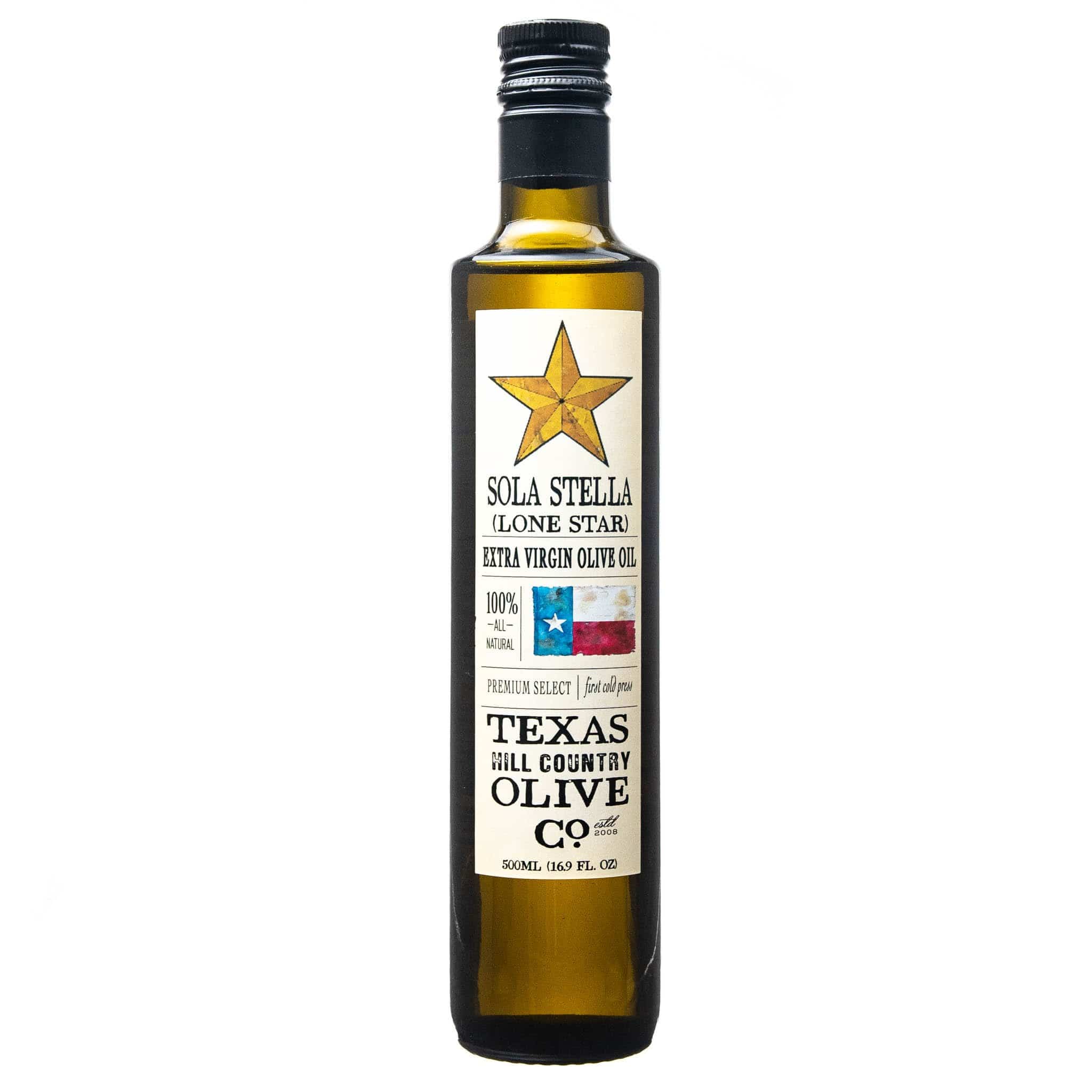
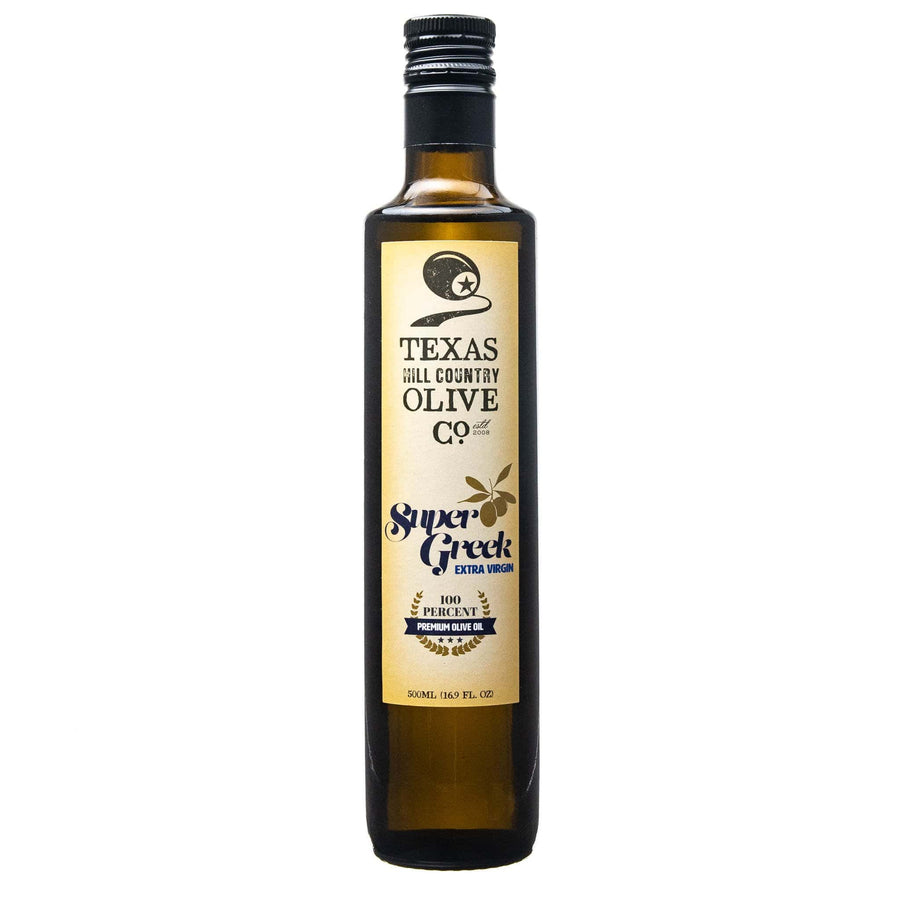
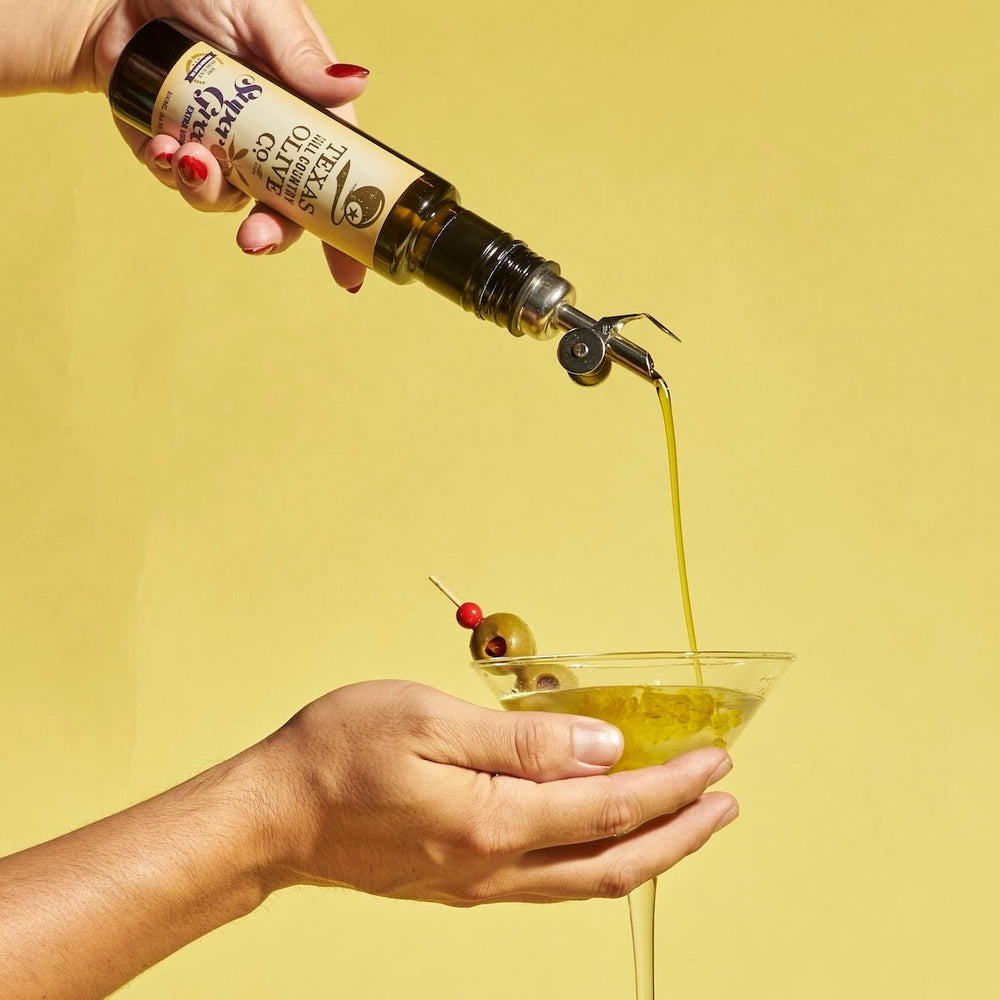
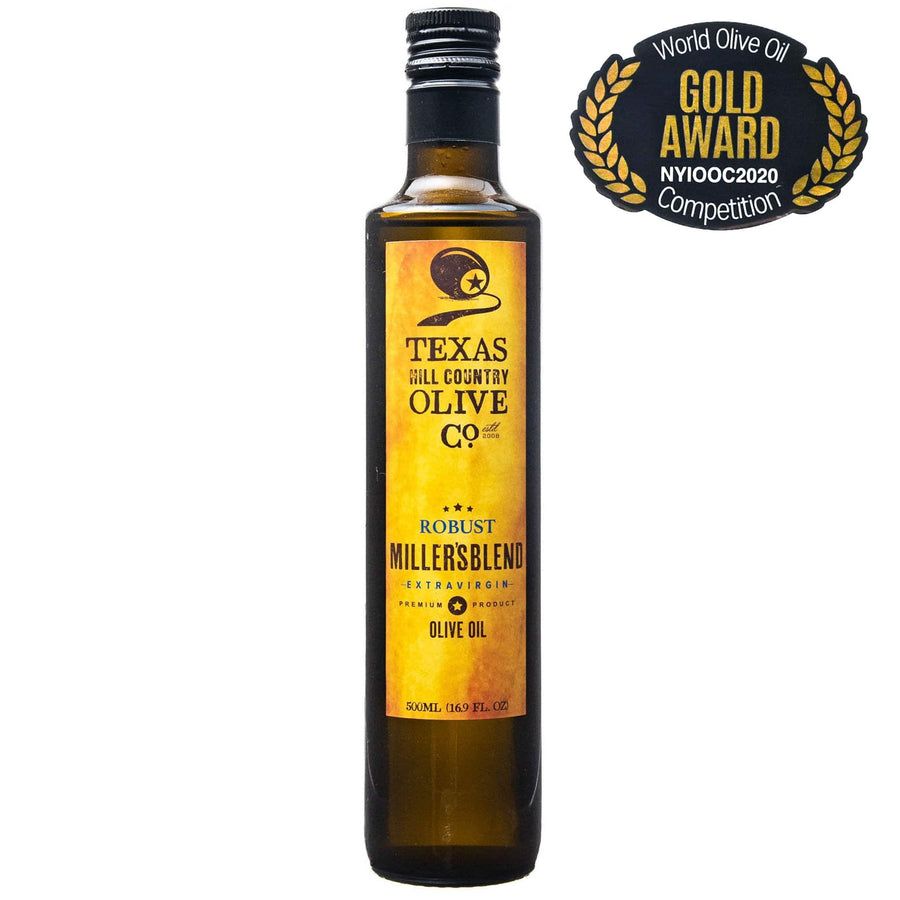

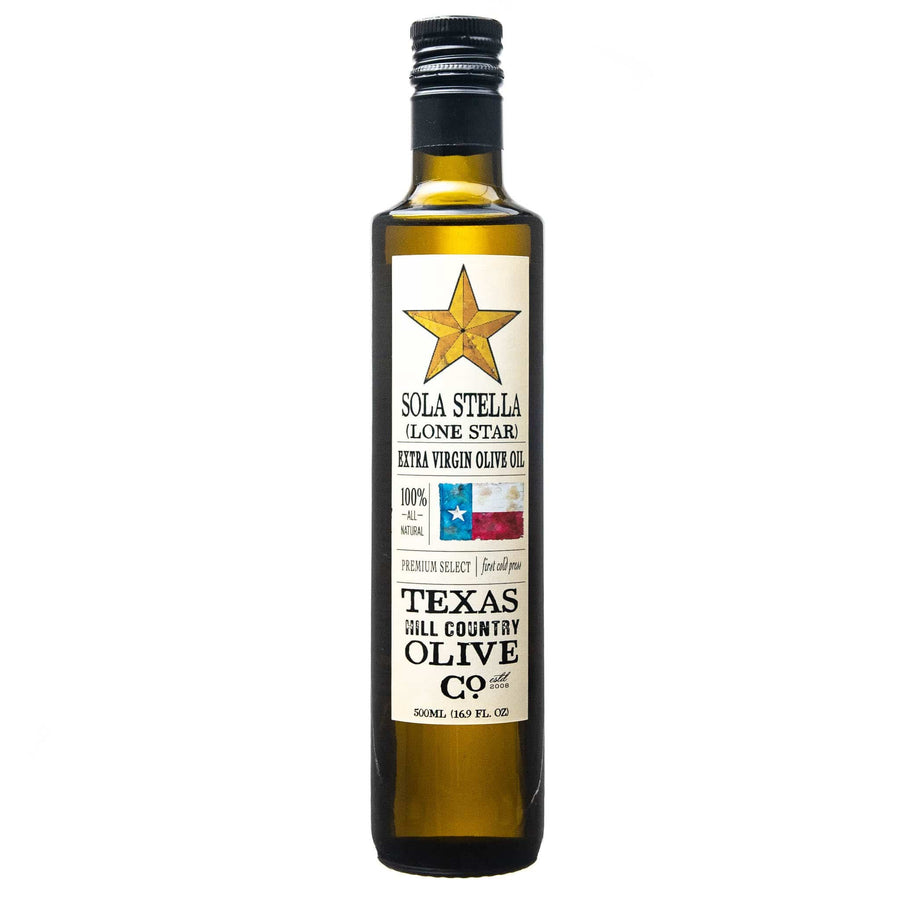

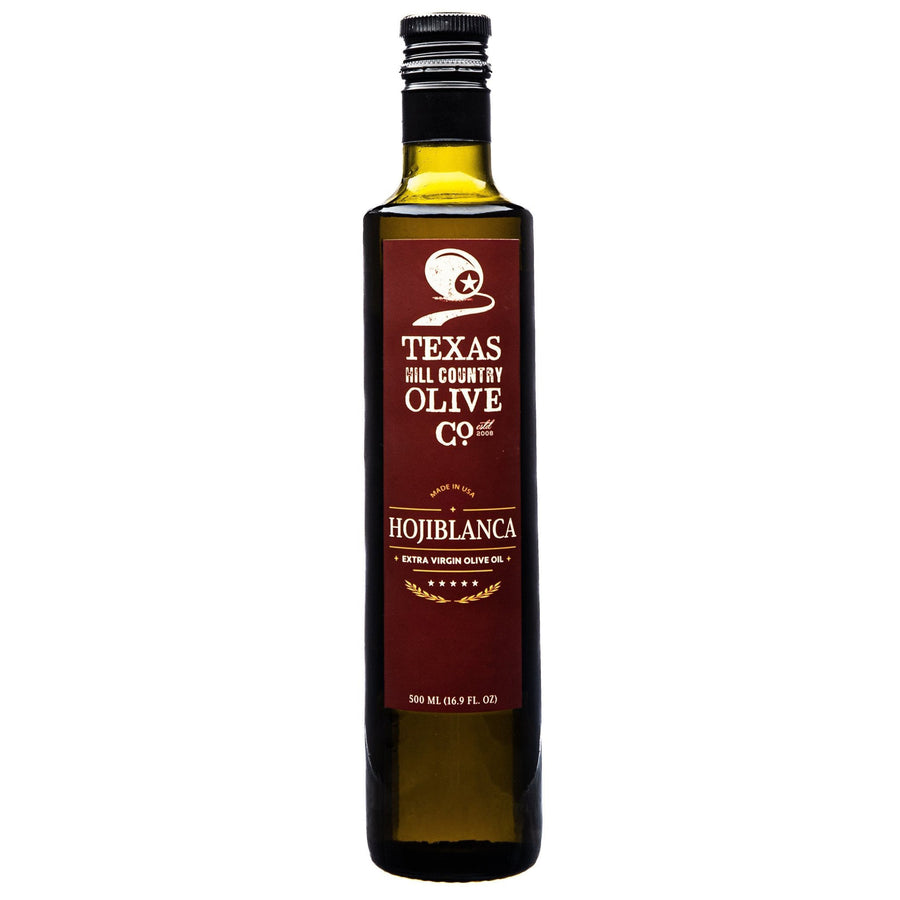
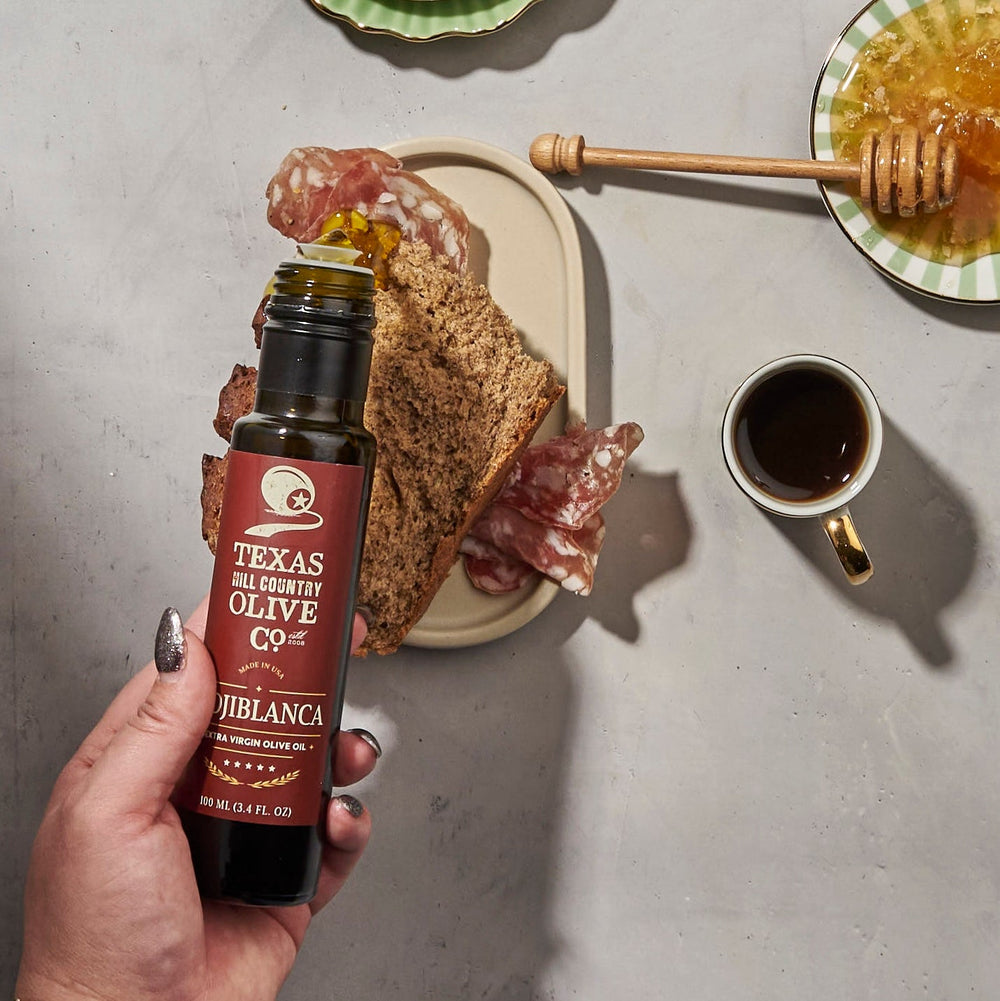





Looking forward to trying your products here in Louisiana! Will be placing an order in the morning
Leave a comment